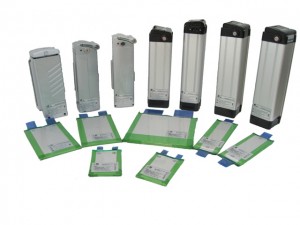

Enter the Engineers
A cooperative endeavor between a team of Rice University engineers in Houston, and Lockheed Martin Mission Systems and Sensors has resulted in a silicon-based battery anode that easily provides almost three times the energy density of conventional lithium-Ion batteries, with a theoretical capacity much greater than that. Better yet, those engineers found a way to make the new materials and techniques cost-effective for mass manufacturing.
The team had previously used sponge-like silicon films which are difficult for manufacturers to use in typical processes. The Rice University engineers advanced to the next level by crushing the porous silicon film to form porous silicon particulates in a powdered form that can easily be used by battery manufacturers. Crushing the films into powder produces more than 50 times additional surface area to soak up lithium ions.
Rice University researcher Madhuri Thakur said: "As a powder, they can be used in large-scale roll-to-roll processing by industry. The material is very simple to synthesize, cost-effective and gives high energy capacity over a large number of cycles."
Steven Sinsabaugh, a Lockheed Martin Fellow, said this endeavor "will provide a significant improvement in battery technology by the development of this inexpensive manufacturing technique for silicon anode material".

 Laptop & Tablet Parts
Laptop & Tablet Parts




















